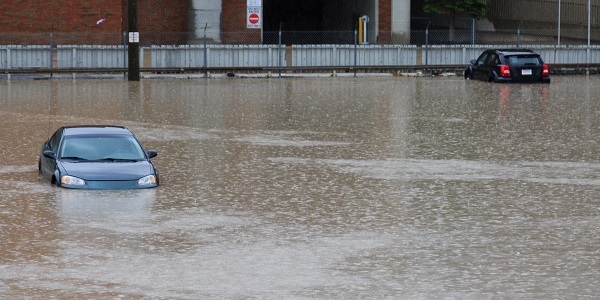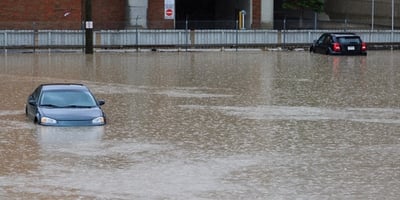How to Receive a Tax Extension
The deadline for filing and paying your 2021 income taxes is April 18, 2022. If you’re worried you won’t have enough time to submit your federal tax...
Manage your everyday finances with convenient accounts, flexible cards, and personalized service designed to fit your life.
At First Federal Bank, we offer flexible mortgage solutions for almost any situation, helping you secure the right financing for your dream home.
Business banking offers secure financial management, streamlined transactions, credit options, and tools to help businesses grow efficiently and sustainably.
2 min read
First Federal Bank : January 3, 2024 10:00:00 AM EST

 When you and your family are the victims of a natural disaster, one of the last things on your mind is taxes. But depending on your situation, you may be able to get relief in the form of a filing extension or early access to your return:
When you and your family are the victims of a natural disaster, one of the last things on your mind is taxes. But depending on your situation, you may be able to get relief in the form of a filing extension or early access to your return:
How do you know if you qualify for relief?
According to the IRS, an affected taxpayer can be an individual, business entity, sole proprietor, or a shareholder in an S corporation. Being affected is not necessarily contingent upon the taxpayer’s location, but rather the location of records necessary to file their taxes. You can also qualify as an affected taxpayer if your preparer is located in a federally declared disaster area and is unable to file taxes on your behalf.
When a federal disaster is declared, the IRS will announce tax relief guidance at www.irs.gov/newsroom/tax-relief-in-disaster-situations. These announcements will name the impacted areas and the relief being extended to those affected. You can also check to see if you’ve been impacted by a declared disaster by checking the Federal Emergency Management Agency website.
Extensions for tax filing
If you’re affected by a federally declared natural disaster, you will almost certainly have any upcoming tax deadlines extended. This typically extends to filing and payments that fall between the date of the disaster and the newly set deadline, giving affected taxpayers more breathing room.
A recent example is the announcement of relief for individuals in Florida impacted by Hurricane Idalia. Per the IRS, taxpayers in nearly 50 Florida counties qualified for a postponed filing and payment deadline. This applied to any original or extended due dates falling between the time of the disaster and that deadline, and includes things like quarterly estimated tax payments and excise tax penalties.
Can you claim losses on your taxes?
Per the IRS, you will have the option to claim any casualty losses related to a disaster on the income tax return for the year in which it occurred or on the previous year’s tax returns. Casualty losses are defined by Publication 547 as any damage to property caused by a disaster up to and including storms and fires. If your insurance does not cover all personal property losses, you can deduct any remaining personal losses when filing your taxes. If you do claim a disaster loss, the IRS notes you’ll need to use your assigned FEMA disaster declaration number on your return.
According to USA.gov, claiming losses on a Form 1040 or on an amended Form 1040-X should help you get your refund amount faster. This must be accompanied by Form 4684, which you use to report casualty gains and losses.
Other forms of tax relief
The IRS offers other forms of relief for taxpayers affected by natural disasters, including waiving fees or requesting copies of previously filed taxes. The IRS also excludes qualified disaster relief payments from gross income, lessening your future tax burden. And you may be able to take a distribution from your retirement plan without needing to pay the 10% early distribution tax or make a hardship withdrawal.
In the aftermath of a natural disaster, you’ll have several questions and concerns that need to be addressed. Your attorney or financial advisor can help point you in the direction of the relief you need and deserve so that you can get back on your feet more quickly.

The deadline for filing and paying your 2021 income taxes is April 18, 2022. If you’re worried you won’t have enough time to submit your federal tax...

2 min read
An individual retirement account (IRA) can be a powerful tool for investing and saving your money — especially when you manage it wisely. If you’re...

Filling out your tax return is stressful enough, but realizing that you owe more than what you can afford to the Internal Revenue Service can be...
Manage your accounts, make payments, and more.
Open an account with us.